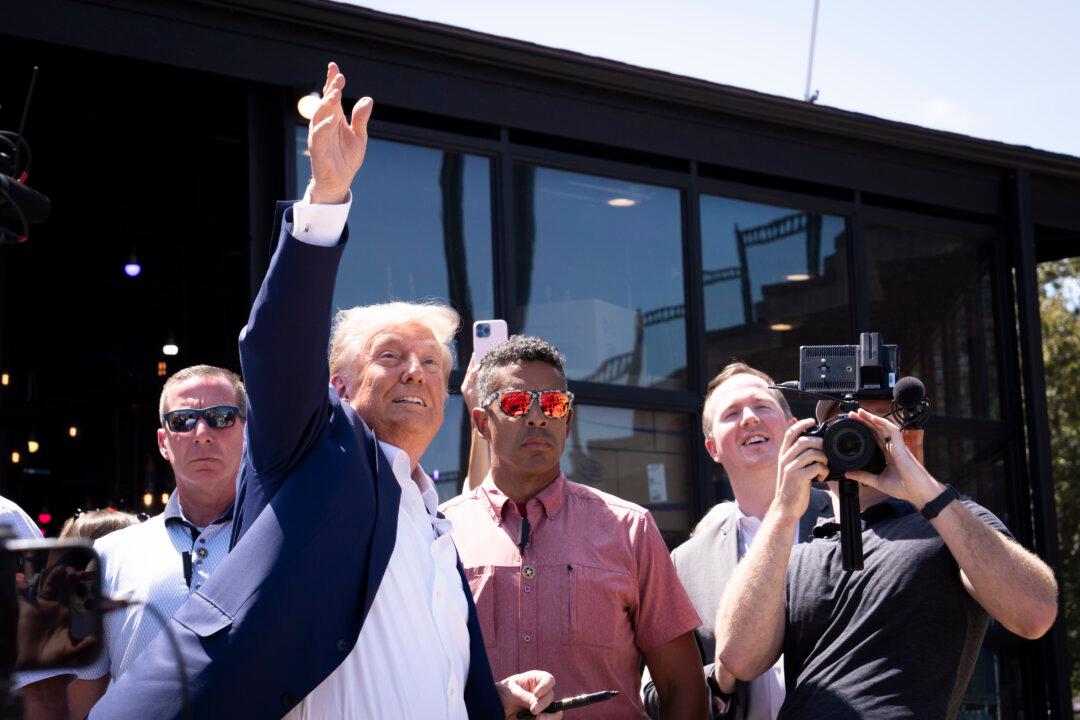Former president Donald Trump defended his track record with tariffs and his proposal of a “universal” tariff plan should he win the election in an opinion piece published in The Wall Street Journal a week after its editorial board criticized his tariff proposal.
“Even after being proven spectacularly and totally wrong in all their past predictions regarding my historically successful trade policies, the die-hard globalists at the editorial board still have not learned their lesson,” he wrote in a piece published Aug. 30. “As I demonstrated repeatedly, the tariff is also an important tool of U.S. national security and diplomacy. I am proud to be the only candidate for president who believes in true economic nationalism.”





